I read a lot this month because I was on holiday, had a couple of long haul flights, and caught corona which meant Minori locked my in the spare bedroom until I tested negative. Lots of reading done then. As a result, Substack’s mail size limit means I’m going to have to split this over two posts. I usually do these things in the order I read the books but this time I’ve grouped them together thematically. First, literature (in the bookshop genre sense), then Japanese literature specifically.
As I posted elsewhere, I went to Türkiye and picked up Orhan Pamuk’s The Naive and the Sentimental Novelist at the actual, physical Museum of Innocence. I think novelists writing about the art of the novel and their experiences of novel writing may be my favourite genre of all. It’s a niche genre, I know, but for me it’s the literary equivalent of those Classic Album documentaries where musicians twiddle nobs on a massive desk explaining how sounds were achieved while glossing over the debauchery that was going on at the same time. Pamuk is an open and honest writer, and doesn’t use the book to stake a claim as a theoretical heavyweight as some others do. This plus the fact that his view of the novel is very close to mine means that for me, this is up there with the best of them.
I’ve long been a fan of Rushdie, and having lived through the whole The Satanic Versus thing in the UK, I’ve always been curious about his take on it. Joseph Anton, his memoir about those days, is well worth a read, even if—or especially if—you are one of those who thinks he brought it all on himself (he didn’t, grow up). Knife is the unfortunate coda to the story, the memoir of the stabbing in 2022 that left him in a critical condition and cost him his left eye. It is a horrific, heartbreaking story that had me in tears a few times, but it’s also very funny as you’d expect if you know his work. Rushdie is one of the great novelists of our time but what he has endured goes beyond anything conceivable in fiction.
I’ve been struggling to find Per Olov Enquist books since he’s almost entirely out of print in English, but I eventually tracked this ex-library copy down. It’s not his best and retreads many of the same tropes as other books but incorporates Jules Verne into the young male protagonist’s… well, breakdown is the only possible word… in a way that really reminded me of The Wasp Factory. Realising the comparison made me wish he’d leaned in harder to the fantasy and violence, but it’s still a compelling read nonetheless. Also interesting was learning that the translator, Anna Paterson, is from Aberdeen, Scotland (like me) and therefore translated some of the more rural Swedish into Doric. Weird, but it kinda works.
I’ve had this since it came out in 2016 but because it was printed in what I can only imagine is 1.5 point font I really didn’t want to read it, figuring a headache wasn’t far behind. Consequently it worked well during corona when I was already on painkillers and bedridden anyway. I love Robertson, and this is him at his comic, playful best. Seeing as one of the main characters is a talking frog, this was perfect fodder for my fevered hallucinations at night. If you’re new to James Robertson, probably don’t start here, but definitely get round to it one day (ideally in a decent sized font).
Suzanne very kindly sent me a copy of her new novel, Cinnamon Beach. It’s a polyphonic novel about a US woman who lives in Japan, visiting her sister-in-law in the US following the death of her brother. It touches on many of the themes Suzanne returns to in her work—international marriages, children of mixed heritage surviving school in Japan—but transplanting that to a new setting and giving each of the characters their own voice has really opened up those themes to greater depth. Suzanne is one of those infuriating writers who make storytelling look easy, as each chapter and voice rolls out perfectly formed.
After reading Stories of Your Life and Others by Ted Chiang in February, I had really high expectations for his other story collection and was a little disappointed. The writing is still excellent but the stories lacked some of the emotional heft that made Stories of Your Life… really sing. The first collection felt like thought experiments given heart; these just felt like thought experiments. They were interested trains of thought to follow, and a couple of them—“Anxiety is the Dizziness of Freedom” in particular—were gripping, but most of them just ended with me going “huh.”
I’m going to write about the next few books for Japan Times and Metropolis over the next few weeks, so I’ll keep it short here. Suzumi Suzuki is a former adult film star who has become an award-winning novelist in Japan. Gifted is her first book translated into English and it’s not for the faint-hearted. Like Hitomi Kanehara and Izumi Suzuki (see below), Suzuki shows the realities of life inside Japan’s “red light” industry and it is really not pretty. Powerful stuff.
I’ve written about a couple of Izumi Suzuki’s short story collections elsewhere on here, but this is her first novel in English. Suzuki is something of a legend in Japan, a writer of mainly science fiction and an actor who lived a turbulent life before killing herself at 36 in 1986. Set my Heart on Fire follows what used to be called a “groupie” in the Tokyo underground scene of the 70s but unlike Almost Famous, this ain’t no romance. Sex, drugs, domestic violence, and people for whom day-to-day survival is the best they can hope for, this short, powerful book leaves you shellshocked by the end.
I love Tawada. She’s obscure, weird, probably a genius, and just out there happily doing her own thing with literature, and doesn’t seem to care if readers follow her along this road or not. I still don’t fully understand this book and probably never will, but I loved being immersed in her world and her language. My Japan Times review is here.
I tend to avoid the plethora of Japanese cat books because I hate cats, I hate stories about cats, and more than anything, I hate a lazy publishing zeitgeist, but Ginny, the translator, is a friend and I always make the effort to read the work of friends. I’m glad I did. It’s very cat heavy, being on the surface a memoir about Mayumi Ianba’s cat, Mii (Inaba, incidentally, wrote a novel about Izumi Suzuki, coincidence klaxon) but beneath that, her memories of 20 years with Mii actually chart a changing Japan and the contours of Inaba’s life in a touching way. A great read whatever your tastes, but if you are a Japanese cat person, definitely one for you.
I am friends with Grace Eiko Thomson’s son Dave, who is singer in Campus Heights, a rock band from Toyohashi we’ve played many gigs with. Though it was actually Pete, singer in my band Red Flag Waltz, who told me Dave’s mother had written a book about Japanese internment in Canada during WWII. As above, I am always curious and supportive when people I know (or tangentially know) have created something, so I got hold of a copy. It’s a moving book, written partly about her own experiences of racism as a second generation Japanese-Canadian, but it also draws heavily on her own mother’s unpublished memoirs about being an immigrant to Canada and then a mother interred as an enemy alien. Thomson writes in a plain, easy-to-read style that makes the trauma she describes somehow even more powerful. She went on to become a campaigner, a founder of the Japanese Canadian National Museum (now called the Nikkei National Museum and Cultural Centre), and an important figure in Canada. Between buying this book and reading it, she passed away in July aged 90. I wish I’d read it faster so I could have told Dave to pass on my compliments on a wonderful book.
My final Japanese book of the month was a long short story by Osamu Dazai. I’m a huge Dazai fan but this story is a bit meh. It’s typical Dazai—dissolute drunken narrator gets up to ridiculous high-jinx that would be embarrassing for a man half his age—but this one doesn’t really fly. I’m never going to knock Japanese literature being translated into English (I did once question why a specific novel had been translated when there were so many better ones and the translator cornered me at a party - not making that mistake again) but this is more one for the completists.


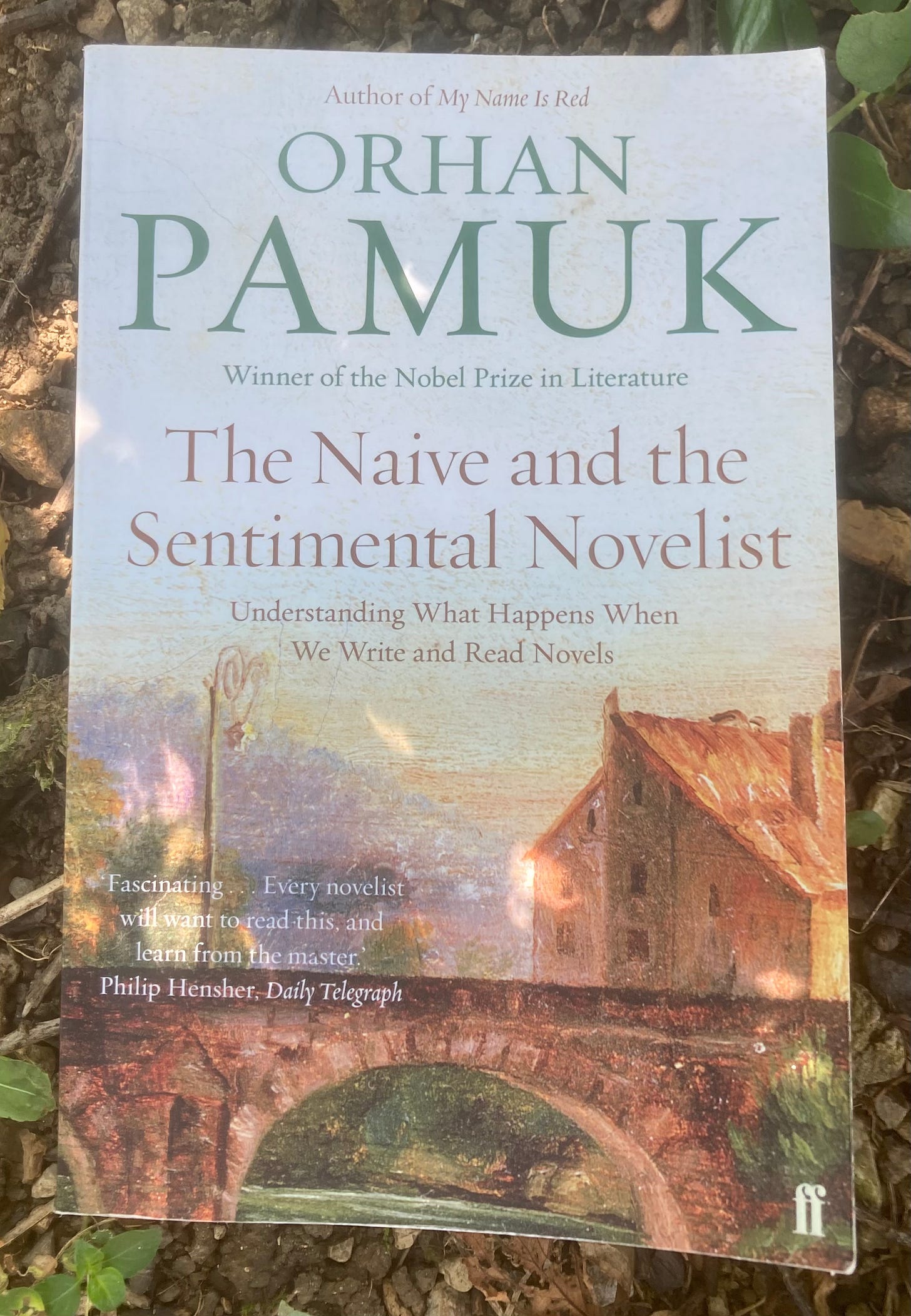
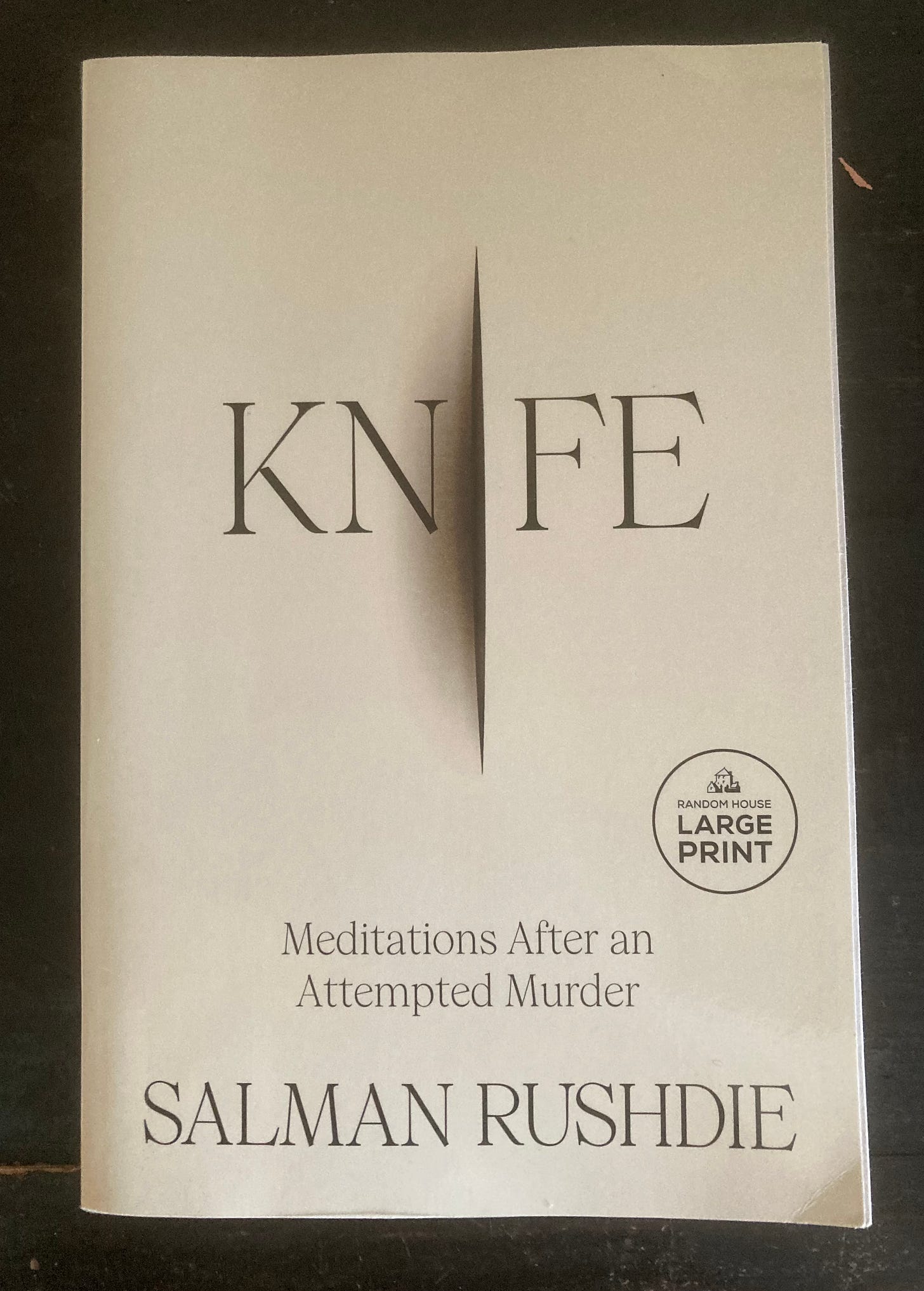
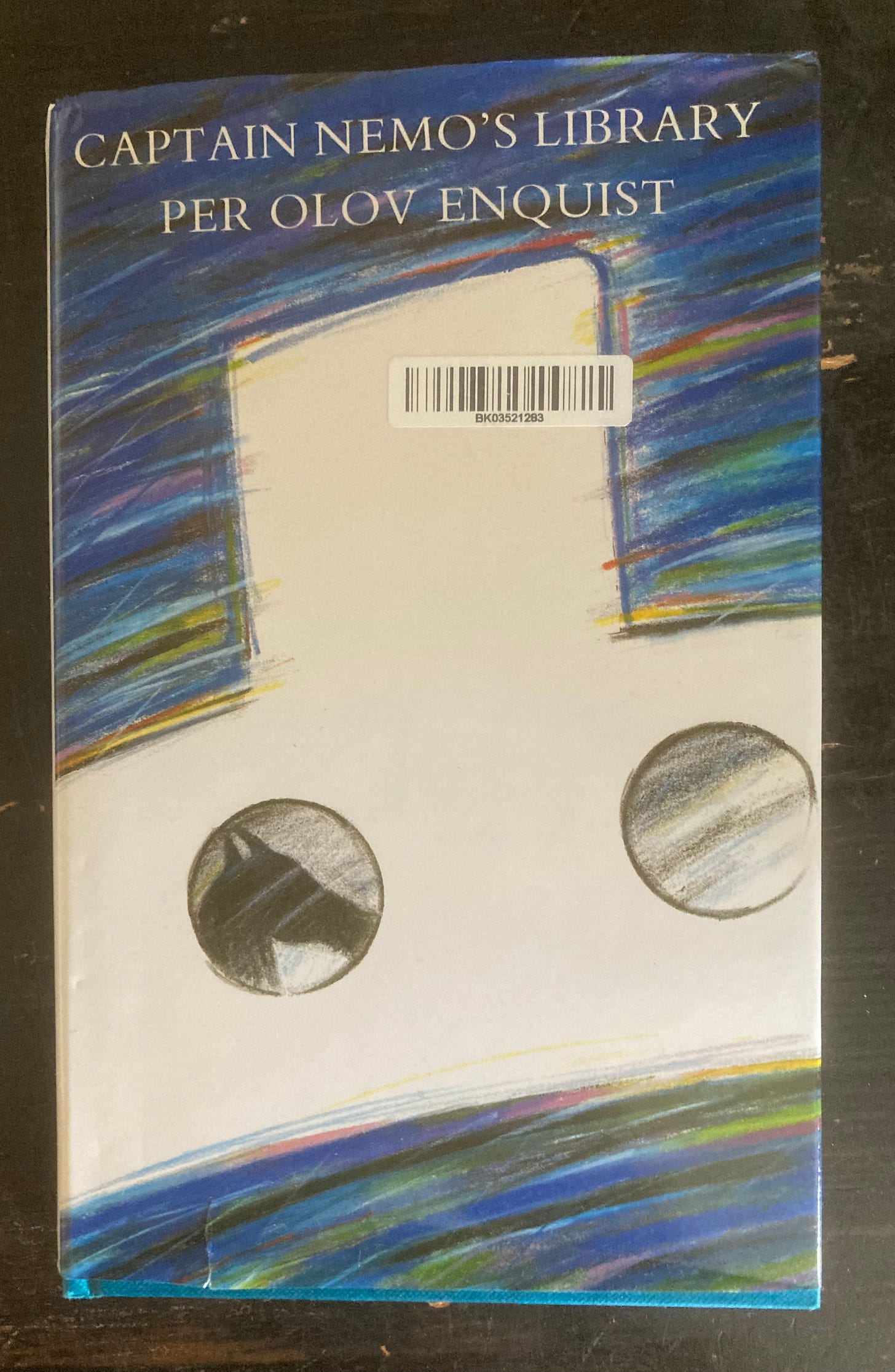
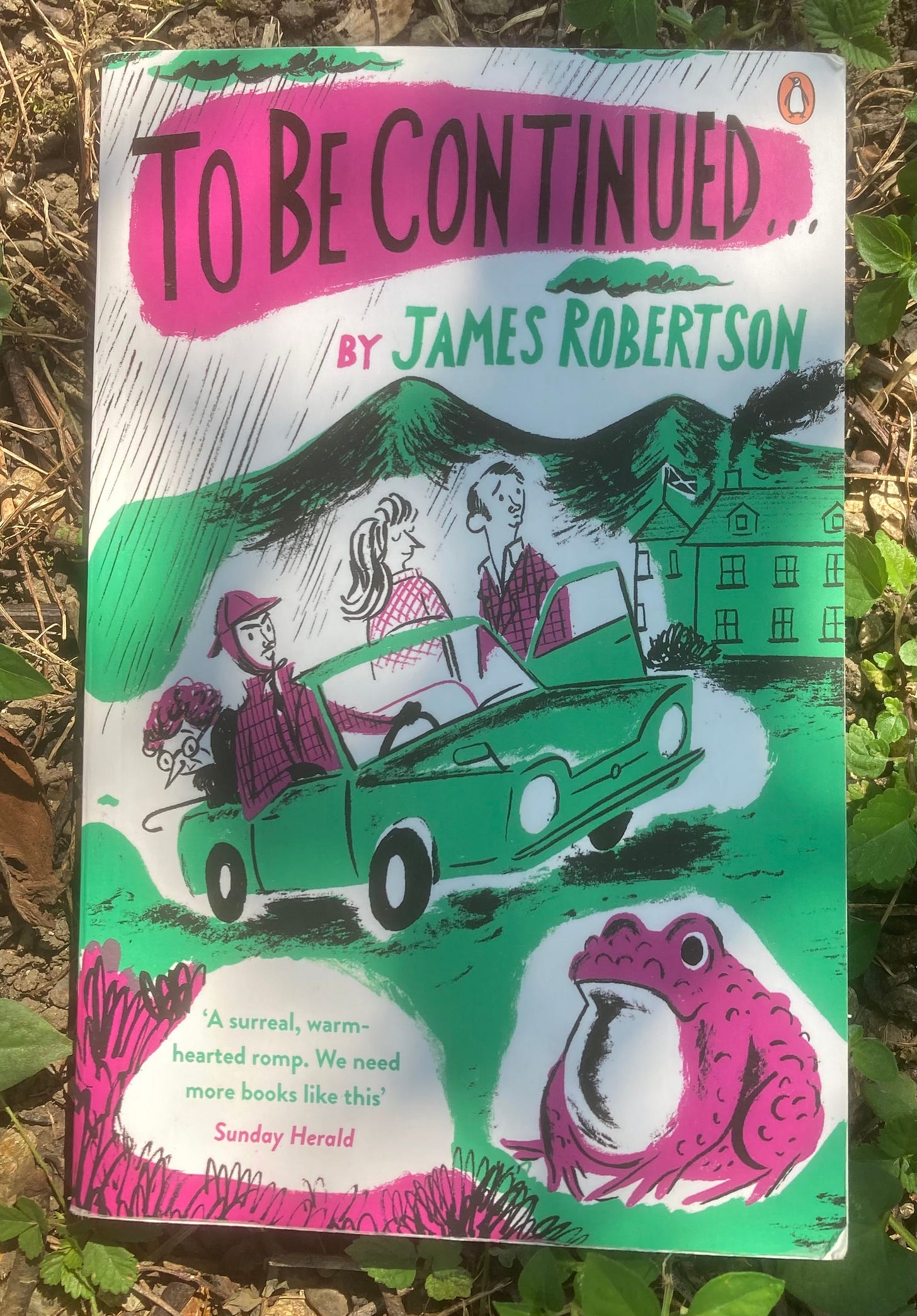
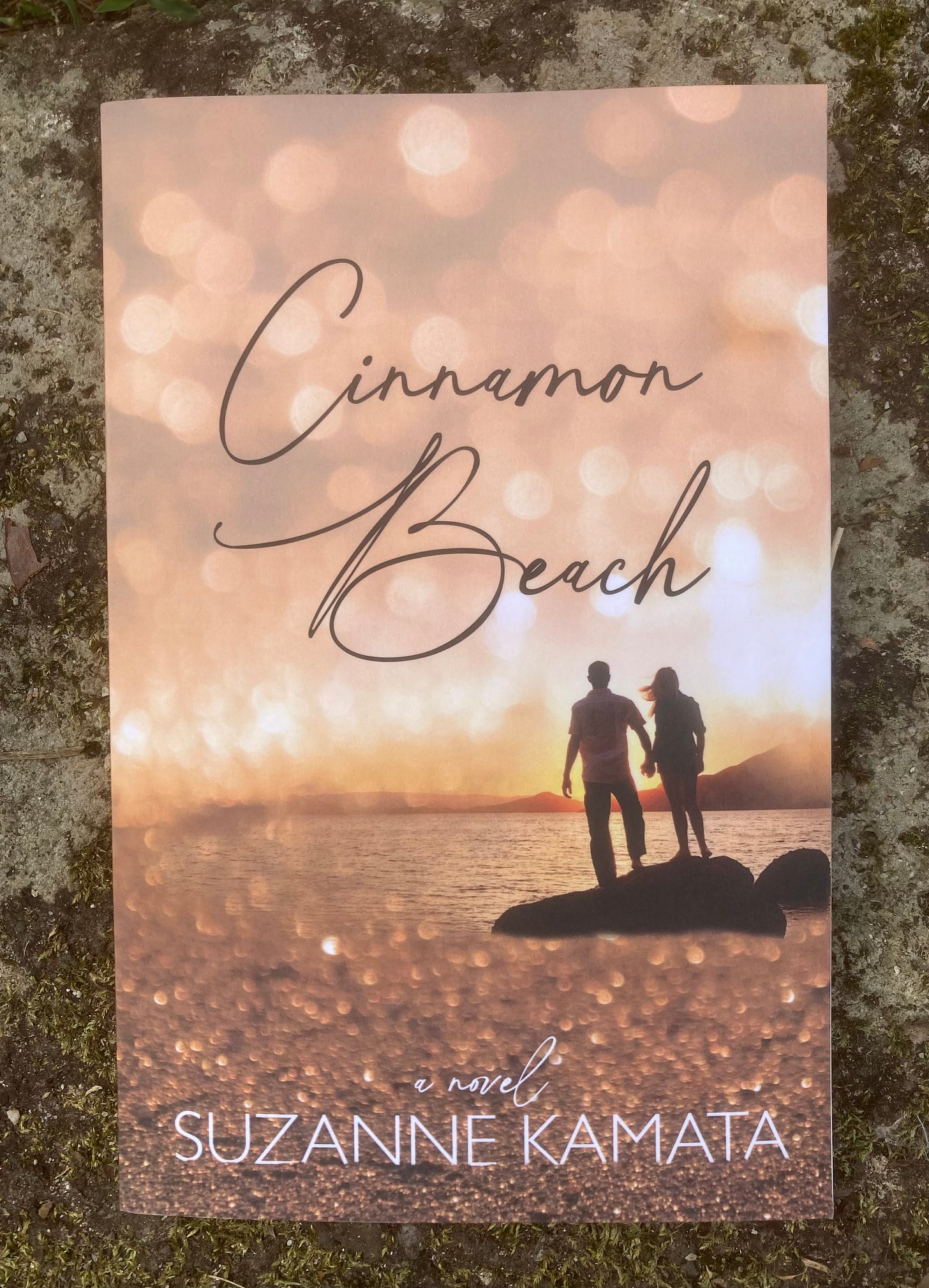

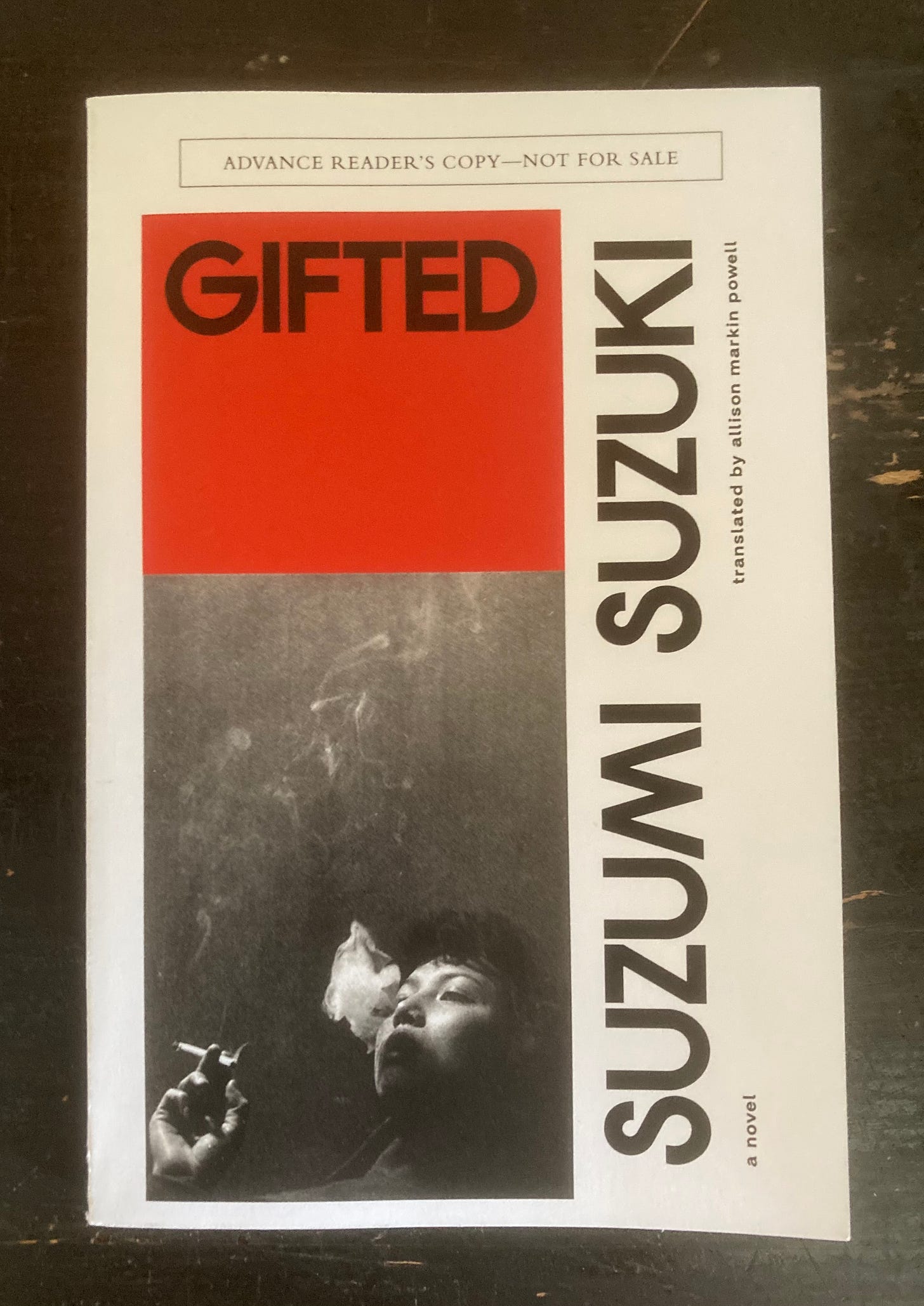
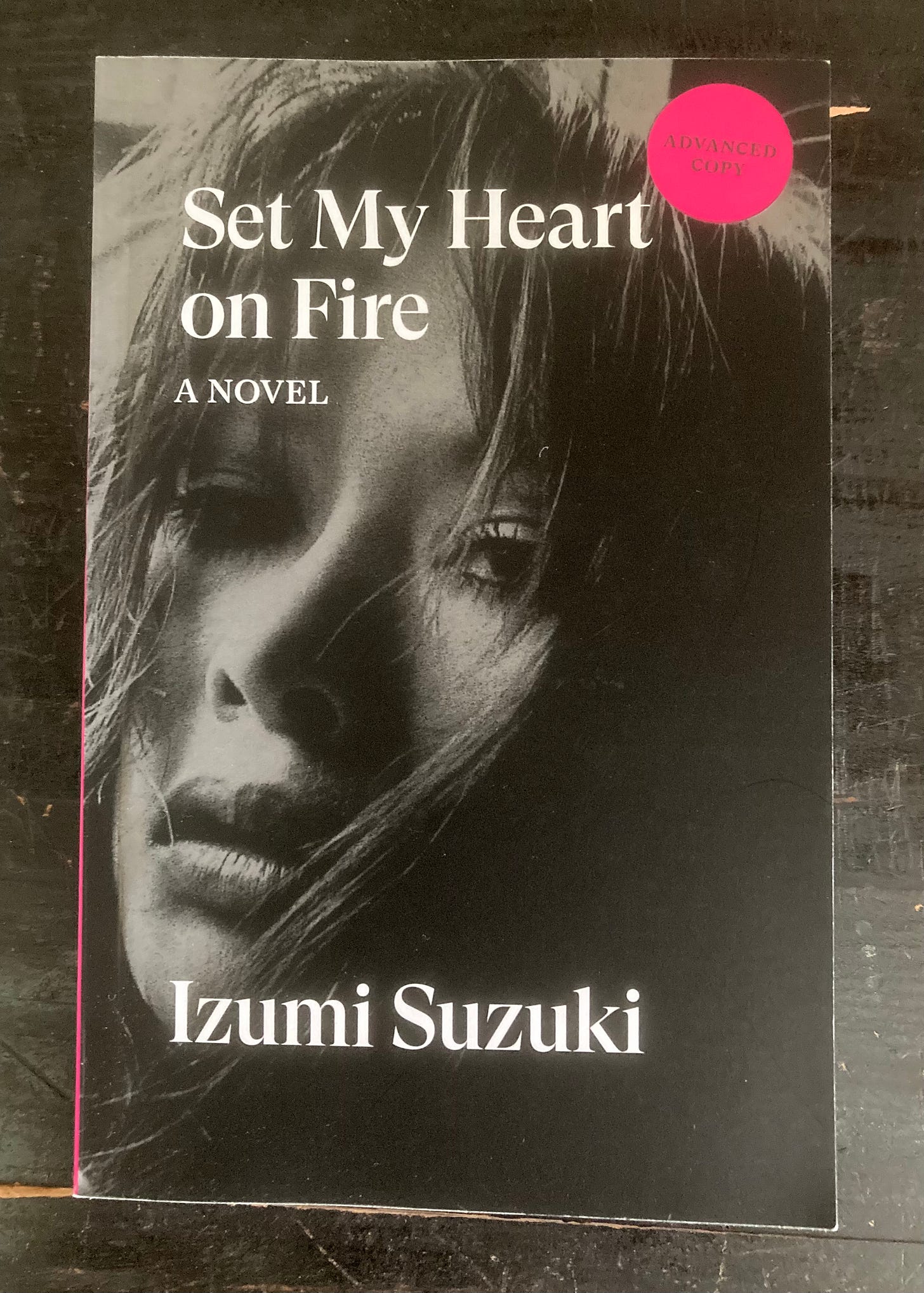

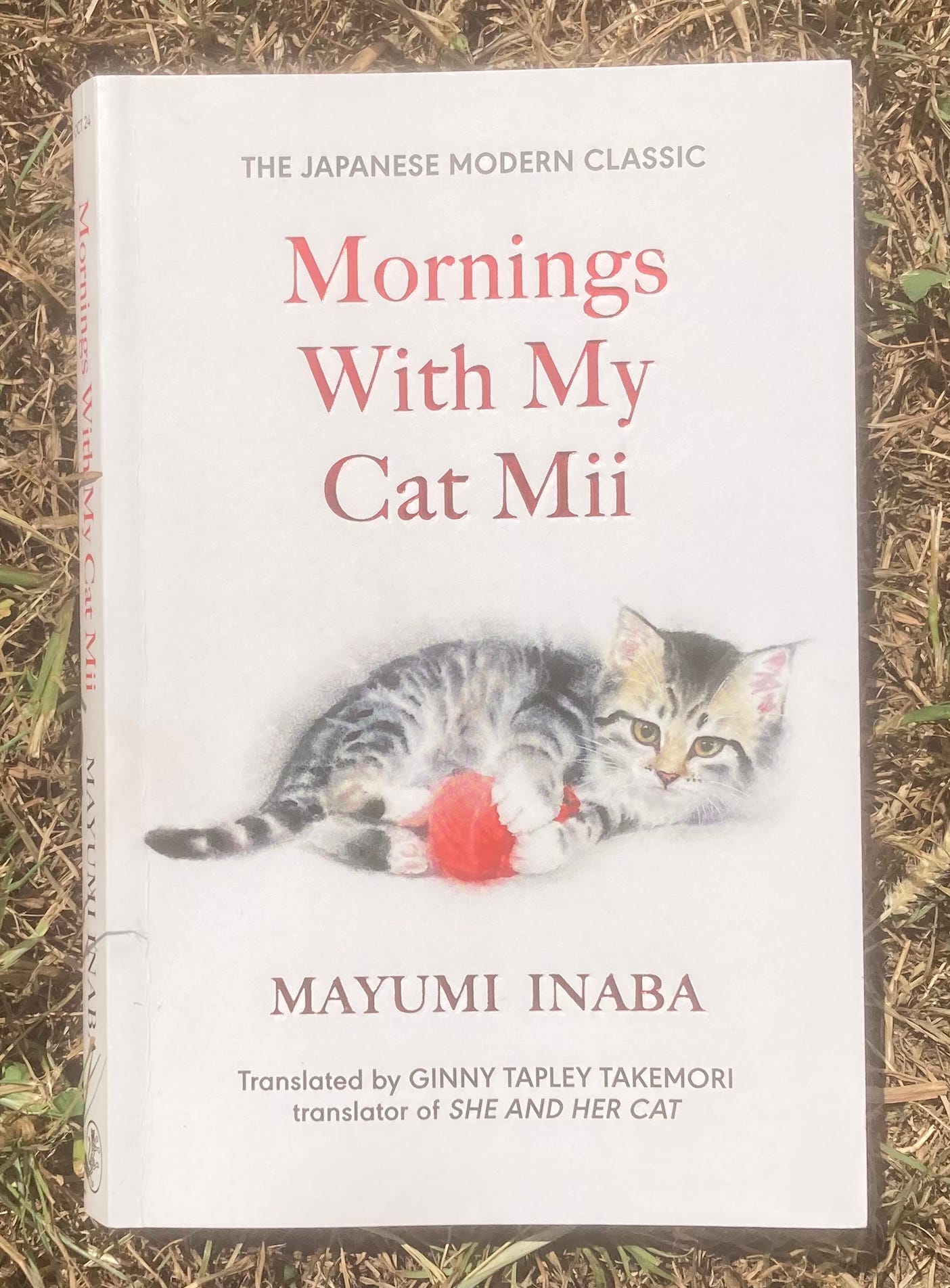
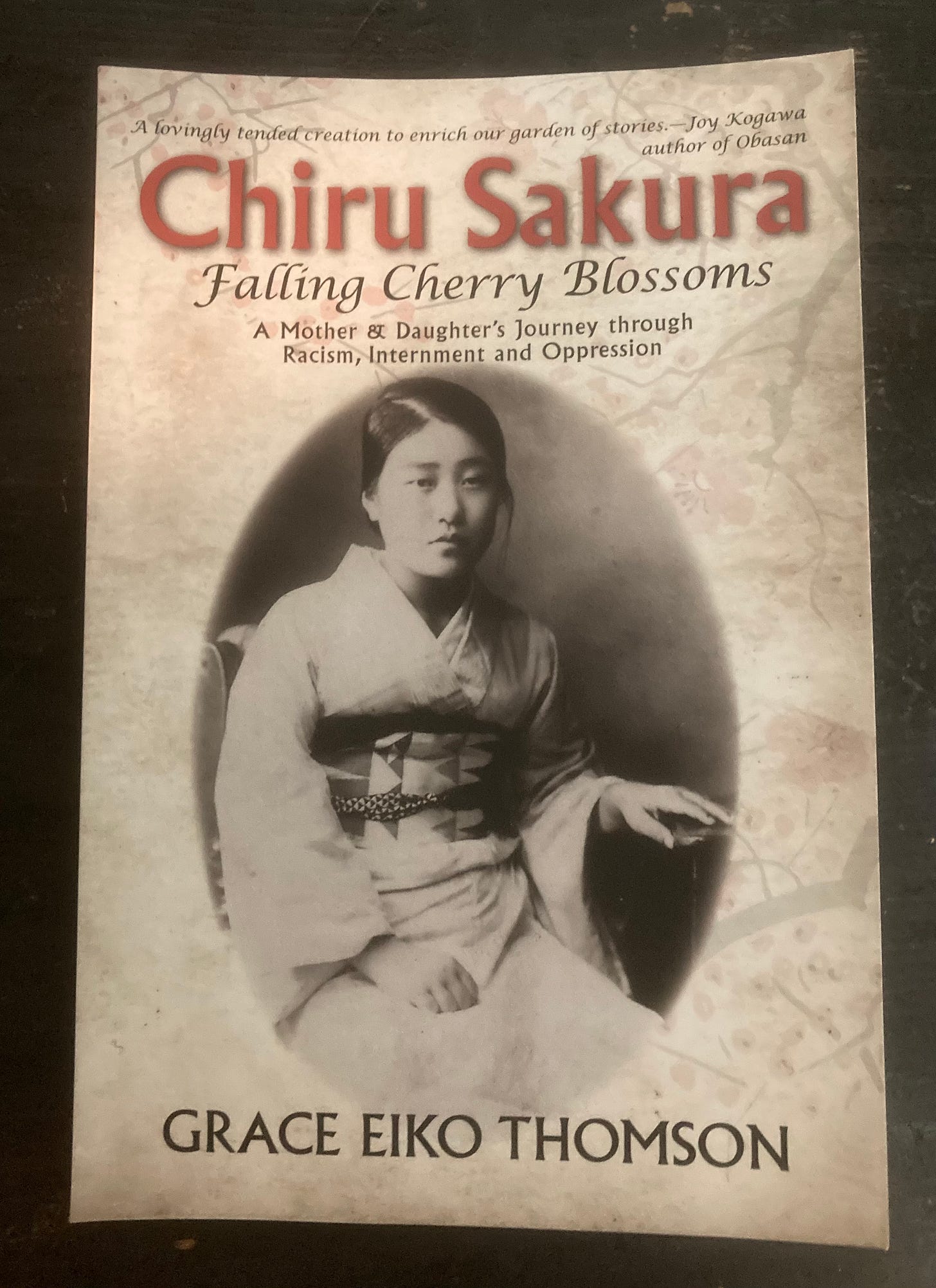

As a Turkish person based in Japan, who is also a huge fan of Pamuk, I really enjoyed your Türkiye and Pamuk related posts. Thank you.
Also want to read the Pamuk… Rushdie is my favorite living writer but might pass on Knife